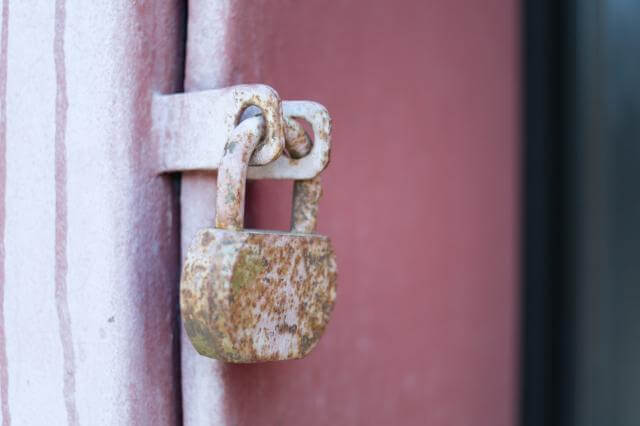
08 May Life Estates.
Life Estates.

It was, by far, the most popular post that I did in my seven years of “blawging”. That post received literally thousands and thousands of views. Why was it so popular? I’m not entirely sure. The internet moves in mysterious ways. My theory is that, like most legal tools involving death, people don’t really know what it means. But this is a term that people know they don’t know what it means. Most people only come across it when they see their name on a deed, with the giver’s name reserving a life estate. Enter google search.
So without further ado…
Life estates occur when an owner sells or gives away real property to another, but reserves the right to have the benefits of the property, like living on or using or renting, for the remainder of his or her life. The person who receives the property has what’s called a remainder interest.
Life estates can be useful tools in the estate planning process. The property is transferred to the recipients before death. Since the rights automatically expire when the person does, nothing goes through the probate process. It’s a Thing 1.
Life estates can also have tax benefits. The basis of the property will be the market value at the death, rather than the market value at the time of the gift, which usually means income tax savings when the property is later sold.
Life estates can have some benefit for medical assistance planning. Theoretically, medical assistance liens, placed on the property to try to recoup benefits expended for the giver, should disappear upon their death. Liens on the life estate should die with the grantor.
But, for us in Minnesota, it’s not so simple. In 2003, the Minnesota legislature enacted a statute which allows medical liens to remain on the property after the grantor’s death. Life estates created after 2003 no longer allow property to pass free and clear from any medical liens. The lien doesn’t die. IT’S A ZOMBIE (mwah, hahahaha)! The life estate, though, is worth something less than the full value of the property. While liens don’t expire like they use to, life estates can limit the amount the lien can attach to.
THIS SOUNDS GREAT!

Oh. But there’s a catch. You know there would be one, right?
There are also significant downsides from life estate. Why? IT’S. A. GIFT. That means you can’t take it back. It’s on lock down.

You want to undo it? The recipient has to give it back to you. You want to sell the property to someone else? The recipient (and many times their spouse – yikes) has to sign off. The recipient has an outstanding judgement? Congratulations, it’ll have to get paid off before you can transfer what was your property. Ultimately it means you’re giving up some control. Depending on the value, you may also have given a taxable gift, meaning you need to find a tax professional to file a gift tax return.
Life estates can be a solution in some situations, but using them is NEVER a no brainer.



No Comments